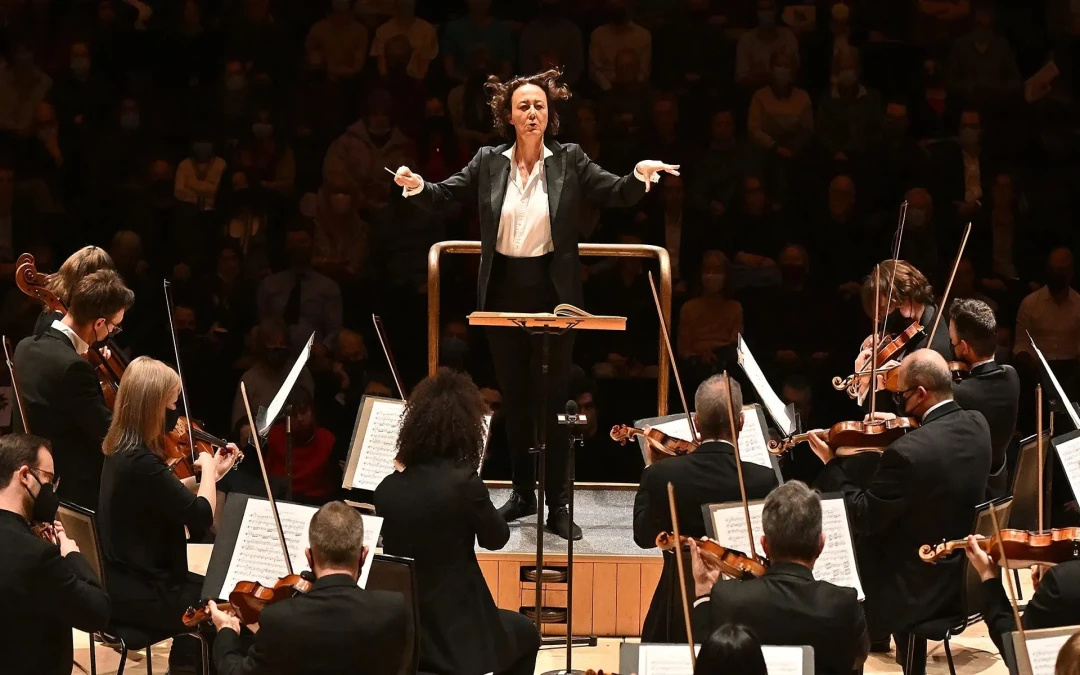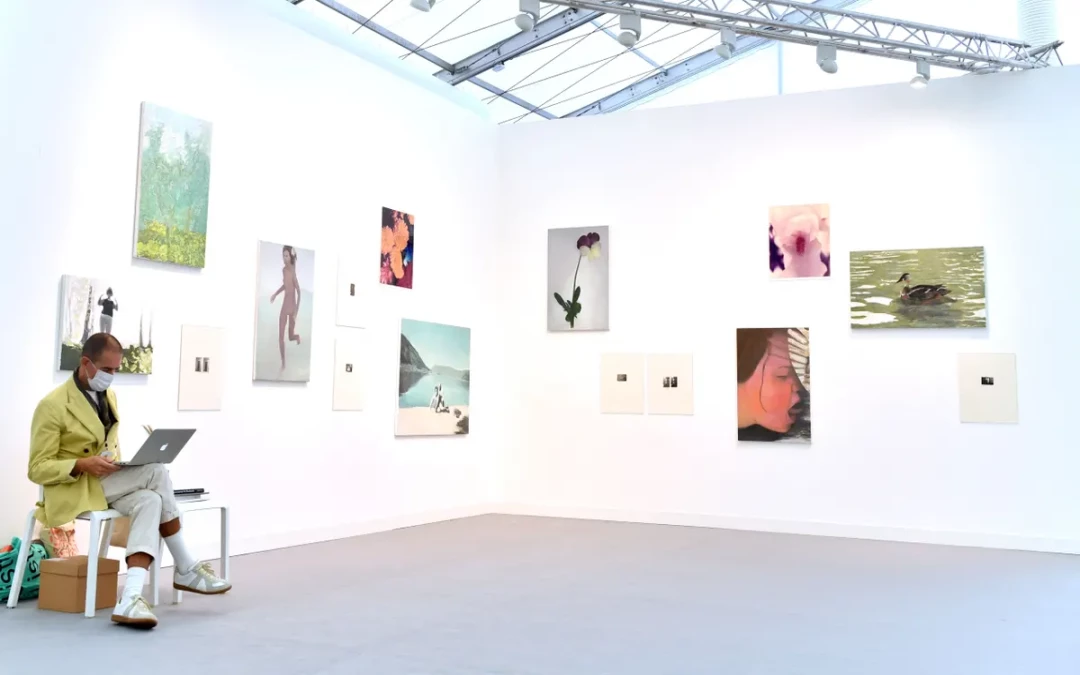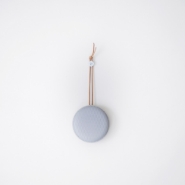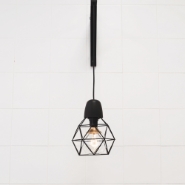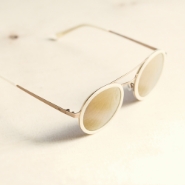Symphony is an instrumental company of contrasting sizes, and amalgamation. But applied to various get-togethers found in Western and non-Western music, orchestra according to a lacking viewpoint by and large implies the typical Western music outfit of bowed stringed instruments enhanced by wind and that is the thing percussion instruments, in the string region, in any event, more than one player for each part. The word starts from the Greek orchēstra, the round piece of the old-fashioned Greek hall before the proscenium where the craftsmen and instrumentalists performed.
Trailblazers of the state-of-the-art Live Orchestra Services appeared around 1600, the most prominent early model being the group anticipated in the Italian creator Claudio Monteverdi's theatrics Orfeo. In the late seventeenth 100 years, the French creator Jean-Baptiste Lully composed for the magnificent court an ensemble overpowered by stringed instruments anyway including woodwinds, similar to oboes and bassoons, and at times in like manner woodwinds and horns. In the eighteenth 100 years in Germany, Johann Stamitz and various arrangers in what is known as the Mannheim school spread out the fundamental piece of the high-level troupe orchestra: four regions, containing woodwinds (woodwinds, oboes, and bassoons), metal (horns and trumpets), percussion (two timpani), and strings (first and second violins, violas, cellos, and twofold basses). Clarinets were taken on into the troupe during this period, while earlier points of support, similar to the harpsichord, lute, and theorbo (a bass lute), were bit by bit killed.
The nineteenth century was a ready period for the orchestra. Woodwinds were extended from two to normally three or four of each instrument, and the metal section was expanded by a third trumpet, third and fourth horns, and the joining of trombones. Essayists like Hector Berlioz, Richard Wagner, Nikolay Rimsky-Korsakov, and — into the 20th hundred years — Richard Strauss, Gustav Mahler, and Igor Stravinsky speculated, and on many events made, troupes of excellent size and evident resources. The gigantic troupe ordinary of the late nineteenth through the mid-20th century merged a typical of 100 performers and could consolidate a wide variety of instruments and contraptions anticipated in unambiguous works. During the 1920s, regardless, various arrangers began to move toward more humble, chamber-size outfits, now and again staying aware of and to a great extent discarding the standard instrumental enhancements.
Calm Ball
I love this game since it's high-speed and Quiet! If your class is clearly driving you crazy...this is the best game for you. The game shows coordination, balance, and care. This is the method for playing: 1. Set regardless of instruments for prosperity. 2. Students stand on a seat. 3. No talking...if a student talks, they are out and ought to plunk down. 3. Using the lightweight fun grocery store balls, have students carefully toss a ball to each other. Students ought to zero in on where the ball is and get it when it is thrown to them. In case they don't get the ball, they are out and ought to plunk down. 4. Expecting a student to do a horrible (uncatchable) toss, that student is out. 5. No throwing a gathering's backs. 6. Framing coalitions are allowed.
At the point when students truly improve at following one ball, I start to add up to 2 extra balls. Observing various balls in play is problematic.
Measures taken generally to control the spread of Coronavirus have seen different old-style shows and events conceded and dropped, and show passageways all around the planet shut for vast periods, since Walk 2020.
Countries disallowed social events and fixed their lines, and many have now seen various lockdowns for quite a while. A couple of things are bit by bit starting to open up, yet seeing unrecorded music really remains an interesting treat.
As a couple of us are continuing to stay at home to work, stay and deal with the family, things may be bit by bit opening prepared life all around the planet, yet we're lucky that numerous critical customary shows and events are being held without swarms and streamed online so us could see - in vain a significant part of the time. Something continues to bring comfort, grit, and some beautiful mitigation in endeavoring times.
It being live spouted to Forthcoming customary shows and dramatization
11 March - 21 August: Chamber group, Foundation of St Martin in the Fields, presents one more series of online shows, shot live in London, with music from Bach, Brahms, Errollyn Wallen, and Sally Beamish.
23 May - 12 September: Streaming stage On Air presents conventional treats as unequivocal symphonies from Brahms, Dvořák, and Mozart, recorded at Vienna's Synchron Stage and featuring Synchron Stage Ensemble coordinated by Johannes Vogel.
10 June - 29 July: Following the advancement of the Hallé Ensemble's electronic Winter Season, three of the shows in its live, socially-eliminated Summer Season at the Bridgewater Lobby will in like manner be recorded and made available on the web, on-demand, seven days after each show. The especially progressed transformation of the time will incorporate Elgar's Puzzle Varieties, Beethoven's Seventh Ensemble, and Stravinsky's Firebird Suite among various elements, with Sir Imprint Senior and Tabita Berglund, coordinating.
16 June - 31 August BST: The Bernardi Music Gathering, Stradivarius Piano Threesome, and the String Foundation actually got together to introduce a combination of pieces with help of Dementia Activity Week. The show is as of now available to stream on the web, in vain and consolidates Elgar's Song for Strings, Vivaldi's Concerto for Four Violins in D major, and Piazzolla's Otoño Porteño.
 Admin
Admin